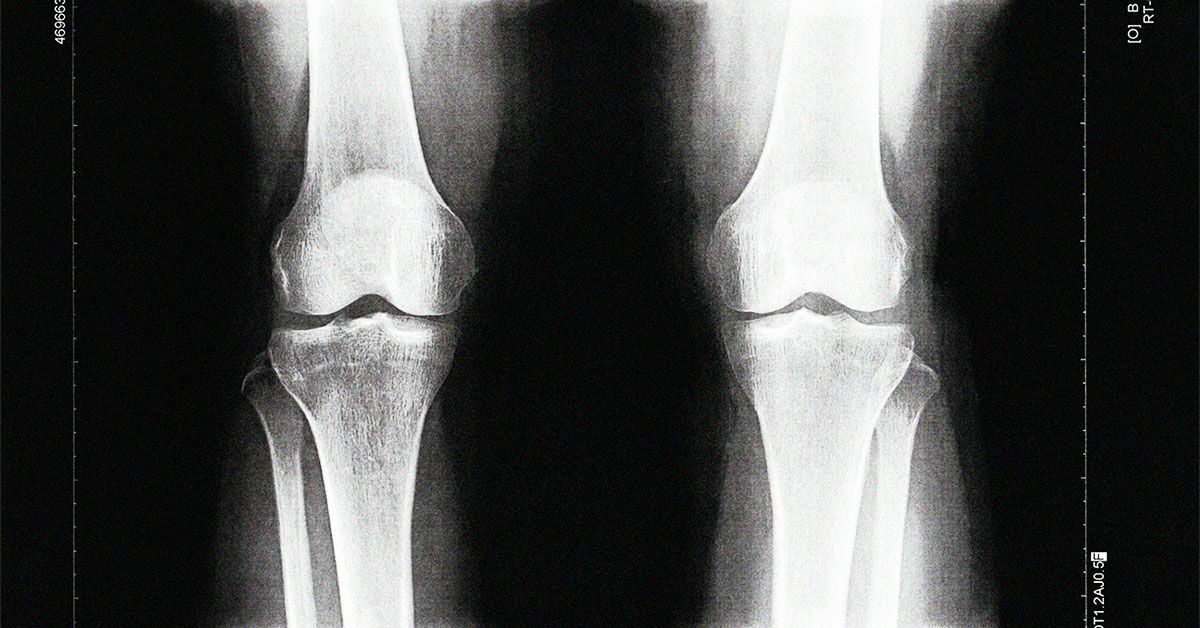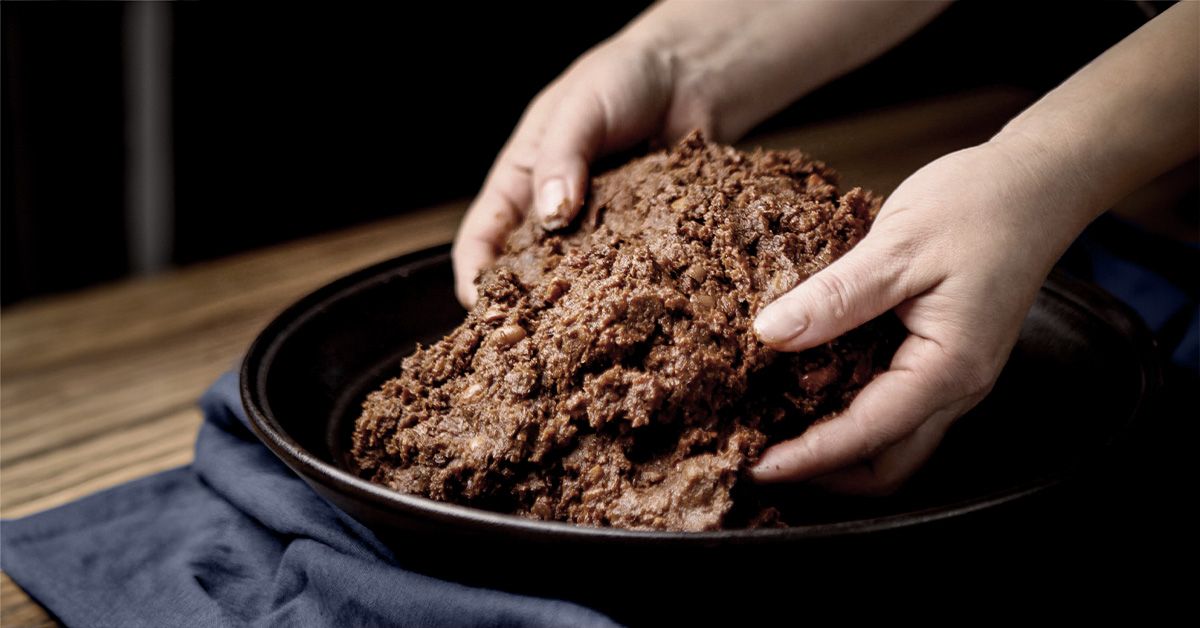- Researchers report that prolonged inactivity can affect people differently, based on their age.
- They say the effects of a sedentary lifestyle include reduced insulin function as well as the loss of lean muscle and bone mass.
- Experts say it’s important to understand the biology behind these changes so new targeted therapies can be developed.
Prolonged physical inactivity could affect people differently based on their age, according to a study conducted at the University of Texas Medical Branch in Galveston.
Trevor Romsdahl, who led the study, presented the research at Discover BMB, the American Society for Biochemistry and Molecular Biology’s annual meeting.
In the findings, which haven’t been published yet in a peer-reviewed journal, Romsdahl noted that long periods of inactivity can have adverse health effects.
These effects include reduced insulin function and loss of lean muscle, bone mass, and strength.
Scientists say they are working to better understand the biology behind these changes and develop targeted therapies to reduce the negative consequences of inactivity.
According to the
The new study centers on cholesteryl esters, which are lipids that regulate lipid metabolism, cellular function, and overall health. They consist of cholesterol molecules bonded with fatty acids.
These esters store and transport cholesterol throughout the body. When they don’t function properly, they can contribute to cardiovascular disease and metabolic disorders.
“It’s important to highlight the difference between ‘cholesterol‘ as known colloquially and in medicine, and cholesterol ester, which is a different biochemical entity, said Dr. Mary Greene, a cardiologist at Manhattan Cardiology in New York who was not involved in the study.
“‘Cholesterol’ – the un-esterified form when found in the blood – is biologically active and can have a cytotoxic effect, whereas cholesterol ester is a means of transporting these building blocks of cellular repair in the blood plasma. Cholesterol in the blood is bound to lipoproteins, which shields the cytotoxic effects,” Greene explained to Medical News Today.
Experts say that early-stage research has provided important initial findings and data in this field.
“This is the very beginning of research into this topic,” said Dr. Cheng-Han Chen, an interventional cardiologist and medical director of the Structural Heart Program at MemorialCare Saddleback Medical Center in California. “We don’t yet know the clinical relevance. This research uses very advanced techniques on cholesterol molecules. It isn’t clear that we can relate this to the information we have on cholesterol.”
“Over time, a person’s metabolism could be affected, but it is too early to use this information in a clinical setting. I hope it leads to more research,” Chen, who wasn’t involved in the study, told Medical News Today. “At this time, it would not change our recommendations on the intake of fatty acids.”
The researchers used highly specialized chemistry equipment to analyze plasma samples from bed-rest studies in midlife and older adults. They found that cholesteryl esters increased in midlife and decreased in older adults during bed rest.
Greene explained why this might be true.
“One can hypothesize that if an individual is experiencing a period of bed rest due to injury or illness, a higher concentration of cholesterol esters may be present in the blood, which is needed for cellular repair and healing,” she said. “The fact that older adults have lower concentrations of these cholesterol esters during periods of bedrest is not surprising, as we know conventionally that it is more difficult to heal and ‘bounce back’ as we get older.”













